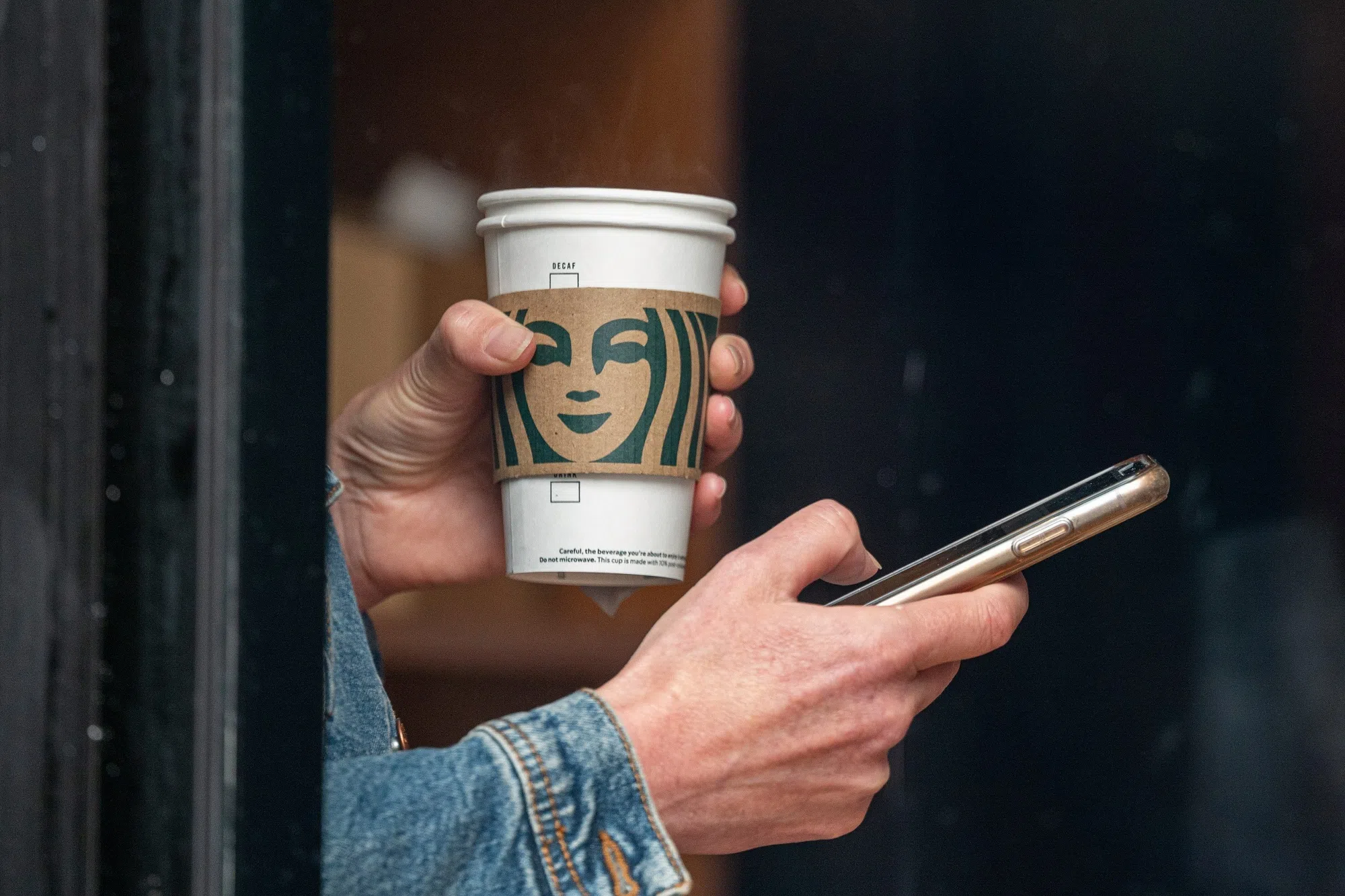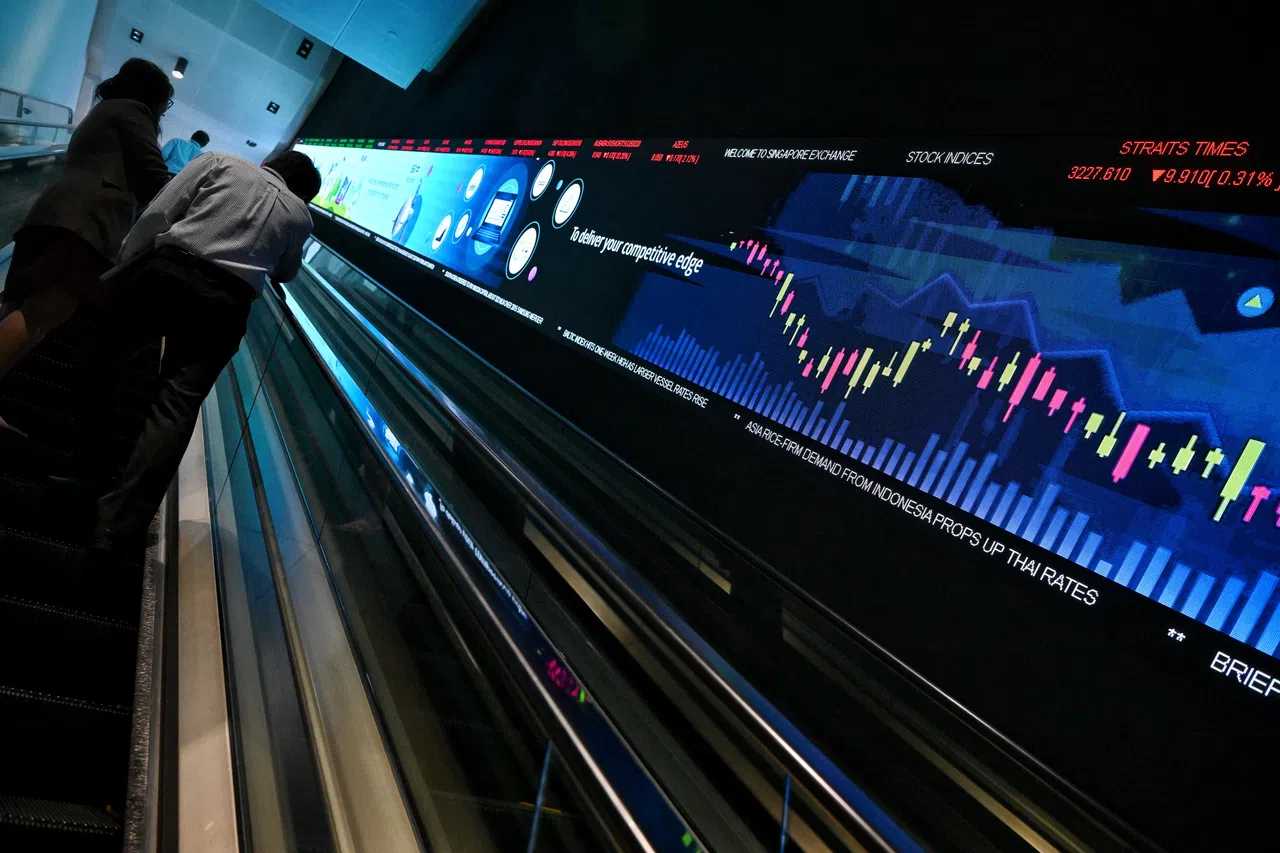STARBUCKS’S new chief executive officer Brian Niccol said he plans to redouble efforts to improve the company’s physical locations, as digital ordering has radically altered the way the coffee chain does business.
In an open letter, Niccol said on Tuesday (Sep 10) he wants to once again make the cafes “inviting places to linger” with a clear distinction between dine-in and to-go service. Recent store visits revealed “a shared sense that we have drifted from our core”, he said.
Niccol took over on Monday, weeks after the company’s board ousted its previous CEO, whose 18-month tenure was marked by a sales slump and an identity crisis. In recent years, the company has emphasized to-go orders from its mobile app and reduced seating in cafes, a shift that has overwhelmed stores and upended the image of the cosy coffee shop it had crafted for decades.
The new leader’s initial focus will be on the US business. Niccol’s plan involves investments in technology, bolstering the company’s supply chain, and upgrading the mobile ordering platform.
“In some places – especially in the US – we aren’t always delivering,” Niccol said. “It can feel transactional, menus can feel overwhelming, the product is inconsistent, the wait too long or the handoff too hectic. These moments are opportunities for us to do better.”
Investor expectations are high. The chain’s shares have surged about 18 per cent since his appointment in mid-August. The stock was little changed on Tuesday in New York trading, in line with the S&P 500 Index.
BT in your inbox
Start and end each day with the latest news stories and analyses delivered straight to your inbox.
Coffeehouse roots
Niccol vowed to re-centre the company on being a “welcoming coffeehouse where people gather, and where we serve the finest coffee, handcrafted by our skilled baristas”, he said.
Other priorities include speeding up service in the morning, when the bulk of the company’s business happens, and making sure baristas have the tools and time to do their jobs properly.
The new CEO is still crafting a plan for international markets. He said Starbucks can grow in regions such as the Middle East, where he will “work to dispel misconceptions” about the brand, which has become the target of boycotts over its perceived stance in the Israel-Hamas war.
He will also have to figure out a strategy for the China business, which has struggled to recover amid the country’s economic slowdown and fierce competition from lower-priced rivals.
“We need to understand the potential path to capture growth and capitalise on our strengths in this dynamic market,” Niccol said.
Starbucks ousted its first-ever external CEO, Laxman Narasimhan, last month after two consecutive quarters of sales slumps. Niccol is getting the power to shape the company’s strategy from day one, unlike Narasimhan, who trained for almost six months under Howard Schultz, the longtime leader responsible for building the coffee chain into the world’s largest.
Investors have been optimistic so far, given Niccol’s pedigree as a two-decade restaurant executive at Chipotle Mexican Grill and Yum! Brands. He’s credited for turning around Chipotle after a string of food-safety issues and reviving Taco Bell’s image.
Still, his task at Starbucks is far greater. The coffee chain operates in 87 markets around the world, while Chipotle is mostly focused in the US. It also boasts a far more complex menu with billions of drink combinations that have overwhelmed baristas.
Niccol will also have to assuage workers sceptical of Chipotle’s handling of a unionisation drive and a work arrangement that allows him to continue living in California but travel to the Starbucks headquarters in Seattle via private jet.
The company has said he will spend most of his time in Seattle and that the chain will continue to bargain with baristas in good faith. BLOOMBERG




